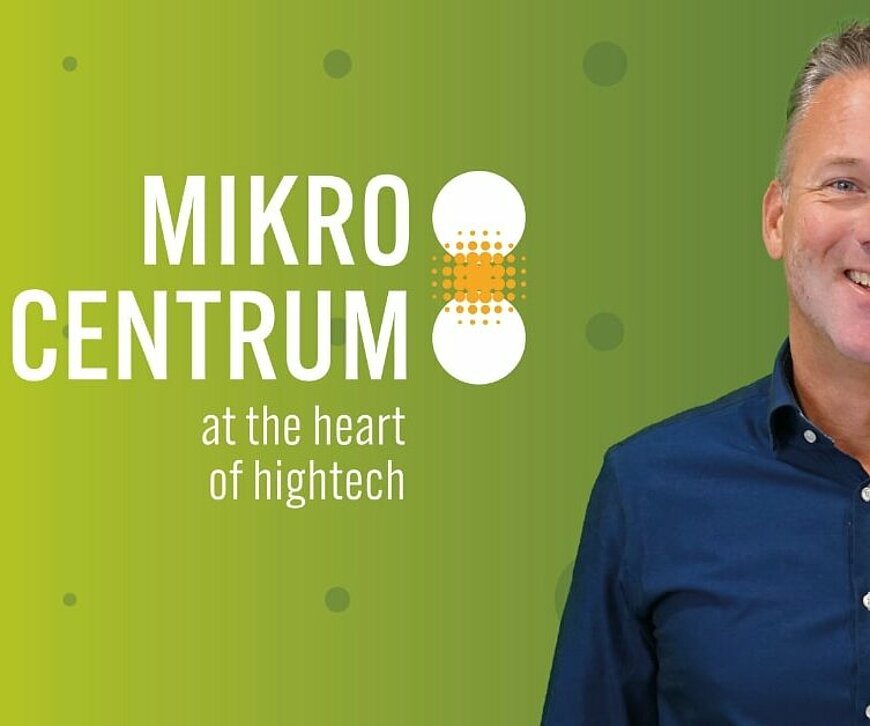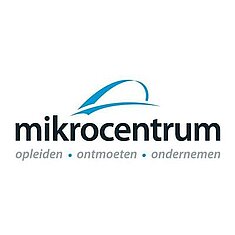Get started with deep learning today, before it's too late!

Get started with deep learning today, before it's too late!
Algorithms have always felt at home in the digital world, where they are trained and developed in perfectly simulated environments. The current wave of deep learning facilitates the leap of AI from the digital to the physical world. The applications are endless, from manufacturing to agriculture, but there are still hurdles to overcome.
Hurdles
''Those hurdles are not crazy, deep learning algorithms have always been playing their role in the safe simulated environment of the digital world. Unfortunately, this is only known among pioneers like Alex Krizhevsky who first managed to apply convolutional neutral networks with his AlexNet algorithm. Pioneering AI researchers are working hard to introduce deep learning into our physical, three-dimensional world as well as into the high-tech and manufacturing industries. There are plenty of opportunities for companies that step in now.'' said Wouter Lintsen, Program Manager Training, Mikrocentrum.
The future of AI-based customer service
Deep learning can do a lot to improve your business, whether you are an automaker, a chip manufacturer or a farmer. Although the technology has matured, the leap from the digital to the physical world has proven more challenging than many expected. That's why we've been talking about smart refrigerators that do our shopping for years, but no one actually has one yet. When algorithms leave their cozy digital nest and have to fend for themselves in three very real and raw dimensions, there is more than one challenge to overcome.
Sharing knowledge in the ecosystem is a must
More people is not directly a solution to future-proofing the high-tech and manufacturing industry. It's about making your organization smarter through digitization, data and Artificial Intelligence (AI), and collaborating with other companies by sharing knowledge and networks. This is how you make a difference.
''At Mikrocentrum, we share this knowledge and lead the way by engaging top lecturers in the field of deep learning and digitalization. One such teacher is Albert van Breemen, Dutch AI specialist and CEO of VBTI. In the field of deep learning, we have two flavors: a course for the beginner who wants to start with deep learning in his or her organization (Advanced deep learning: foundation) and a course for the advanced (Advanced deep learning: computer vision). While the foundation course mainly lays the foundation for enabling systems to learn and improve themselves using data, the computer vision course goes deeper into issues such as object detection, image segmentation and hardware and software,'' says Wouter.
Knowledge demand from industry
Albert van Breemen sees huge potential for deep learning in the manufacturing industry, where AI could be used for applications such as defect detection, machine optimization, robotization and vision. The global smart manufacturing industry is currently valued at $198 billion and has a projected growth rate of 11% through 2025. The Brainport region around Eindhoven, where Van Breemen's company is based, is teeming with world-class manufacturing companies such as Philips and ASML. (Van Breemen has worked for both companies in the past).
